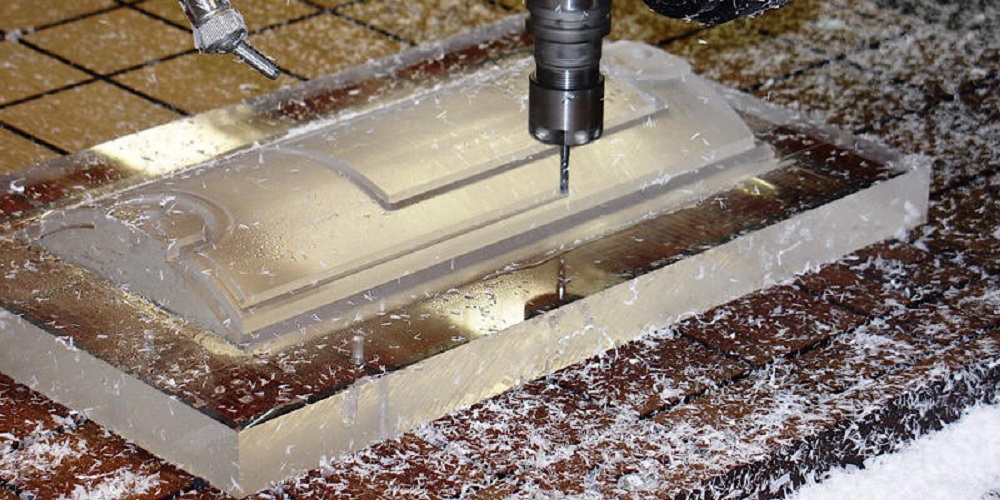CNC machining is high-precision, conventional manufacturing technology used to manufacture prototypes and custom parts. The type of material used for CNC machining depends on the prototype you want to simulate. However, choosing the economical and compatible CNC machining materials can be challenging. This article will explain all the essential factors you must consider before choosing CNC machining material.
Types of the material:
Metals are the most commonly used CNC machining material. Plastics like acrylics are also used but to a lesser extent. Some of the most widely used materials for CNC machining are given below:
- Stainless steel, i.e. mild steel, alloy steel, tool steel, carbon steel
- Aluminium alloys, i.e. aluminium 6061 or 7075
- Titanium alloys
- Brass
- Magnesium
- Inconel
- Plastics like ABS, Nylon, Delrin, polycarbonate (PC), Teflon, etc.
Choice of the material:
There can be more than one material available to manufacture the same prototype. The kind of material you should use for CNC machining depends on your requirements. If you need a material with excellent tensile strength, you can choose titanium alloys or aluminium 7075. If you need a material with high machinability, you should choose aluminium 6061 or acrylics.
The function of the prototype:
The ultimate function of the prototype plays a significant role in determining the CNC machining material. If it has an outdoor operation and is vulnerable to weather changes, you should pick a material with excellent corrosion resistance. For this purpose, you should prefer stainless steel over carbon steel. Rust foam is another example of this type of material. It has an excellent:
- Oxidation resistance
- Moisture resistance
- Rust resistance
Choosing the wrong CNC machining material can compromise the quality and life of the prototype and custom parts. Industry specification of the prototypes also significantly impacts the choice of raw material for CNC machining. Insulating material incorporated into the prototype varies for medical equipment and aerospace machinery.
Load bearing requirements:
Always consider the load-bearing requirements of the prototypes and custom parts before choosing the raw material. If the prototype is supposed to bear heavy stress, select a material that has durability and high tensile strength. You can choose stainless steel or aluminium 7075. It will prevent the deformation of the prototype.
Temperature requirement:
Temperature requirements of the prototype can greatly shortlist the material you can use for CNC machining. The manufacturing process that involves withstanding high temperatures can cause slight contraction and expansion of the raw material. But, some materials undergo massive expansion and contraction, which can alter the accuracy and dimensional precision of the prototype.
Tight tolerance:
Tolerance is the accuracy and dimensional precision level of a prototype and custom parts. The prototypes that demand high tolerance require careful inspection in the selection of the material. The chemical and mechanical properties of different raw materials can alter the precision level of the prototype. The cost of a CNC milling machine is also increased when rigid materials are processed to achieve tight tolerance.
Hence, the type of CNC machining material depends on your CNC machining project requirements.
